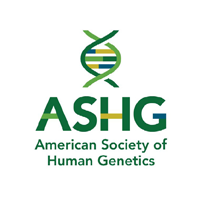Join us at the American Society of Human Genetics (ASHG 2025) Annual Meeting where the world’s leading geneticists, genetics research and biotechnology companies will be gathered to collaborate and discuss the latest cutting-edge advancements in the human genetics and genomics industry.
Advancing Molecular Diagnostics with Smarter Reagent Solutions
We’ll be showcasing a comprehensive portfolio of high-performance enzymes and master mixes designed for reliability, sensitivity, and workflow efficiency across applications such as liquid biopsy, tNGS, NGS, and genotyping.
Our Reagent Solutions Are Engineered To:
• Enhance stability, even under variable temperature conditions
• Improve sensitivity for accurate, reproducible results
• Streamline workflows to save hands-on time and reduce complexity

